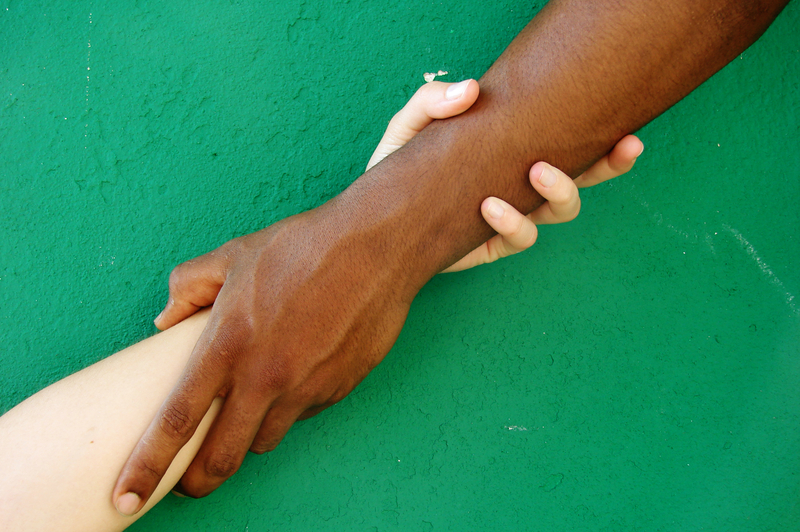This blog comes a few days past due. Frankly, I’ve been at a loss for words. The events of this past week have left me speechless, not to mention heartbroken.
Yet for me to remain silent during this season of racial tension would make me complicit to racism. The image of George Floyd’s lifeless body lying on the street has stirred feelings of anger within me. The news footage of protesters rioting in the streets of our nation, including our own fair city, sickens my stomach.
America is in crisis of civility. The cause is not new. Racial division has scarred the United States from her earliest days. The recent incidents in Minneapolis, Manhattan, and Louisville have pulled the scab from a wound that runs deep.
Of late, I have been reading about the civil tensions that existed between Israel and Judah during the eighth through the seventh centuries B.C. The Jewish people, once unified under the leadership of Moses, Joshua, Solomon, and David, found themselves ceaselessly clashing against one another. For various reasons, unity gave way to enmity. Though they had much more in common than not, fellow citizens could not get passed their differences.
Frankly, I don’t have a formula as to how we can resolve and heal the conflict that threatens to dissolve our country. The root causes of systemic racism are complex. Yet, as a Christian American, I will never stop aspiring to that more perfect union our forefathers and foremothers envisioned.
However, every noble movement must begin somewhere. In his book, How Happiness Happens, Max Lucado promotes the power of a simple greeting. Lucado cites Paul, who struggled himself to maintain harmony within the first century church. Paul encouraged early Christians to “Greet one another with a holy kiss” (Romans 16:16, NKJV). Lucado asserts that a friendly, “Hello,” communicates a strong message of respect. “Respect,” according to Lucado, “is a mindfulness of another person’s situation.”
A simple greeting offers a grand gesture of goodwill. No one is excluded. We are commended to greet the people we know, as well as those we don’t. We are urged to address those whom we like and even those who are not like us.
Even more, a kind reception can produce amazing results. A tip of the hat, a warm smile, or a cheerful tone can generate results far beyond the imagination. The nineteenth century poet, Henry Wadsworth Longfellow, once described how far a kind word can reach:
I shot an arrow into the air,
It fell to earth, I knew not where;
For, so swiftly it flew, the sight
Could not follow it in its flight.
It fell to earth, I knew not where;
For, so swiftly it flew, the sight
Could not follow it in its flight.
I breathed a song into the air,
It fell to earth, I knew not where;
For who has sight so keen and strong,
That it can follow the flight of song?
It fell to earth, I knew not where;
For who has sight so keen and strong,
That it can follow the flight of song?
Long, long afterward, in an oak
I found the arrow, still unbroke;
And the song, from beginning to end,
I found again in the heart of a friend.
I found the arrow, still unbroke;
And the song, from beginning to end,
I found again in the heart of a friend.
America, we have a lot to learn and a long way to go before peace can be realized. Yet perhaps we can begin by learning once more to say hello. The warm greetings we offer one another will bring music to God’s ears.

